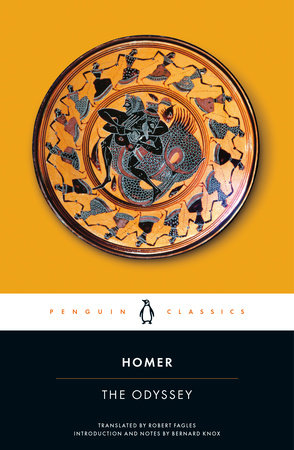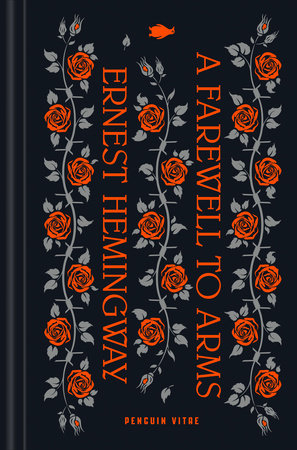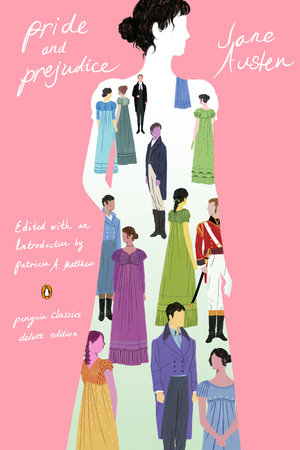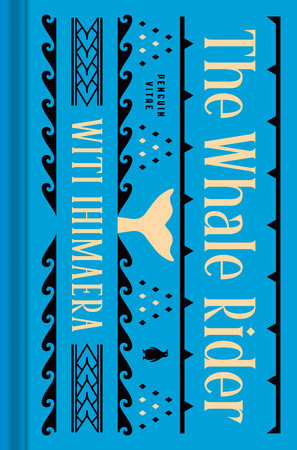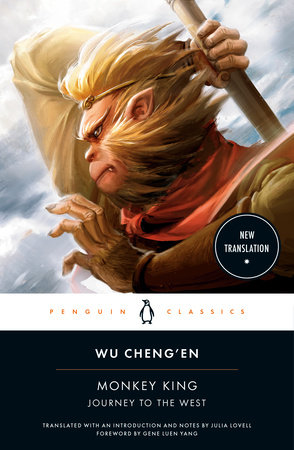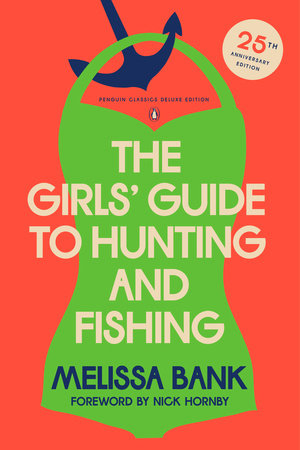The Odyssey
Homer; Translated by Robert Fagles; Introduction and Notes by Bernard Knox
Paperback
November 1, 1997 | ISBN 9780140268867
AmazonBarnes & NobleBooks A MillionBookshop.orgHudson BooksellersPowell'sTargetWalmart
Ebook
November 1, 1997 | ISBN 9781101221846
AmazonApple BooksBarnes & NobleBooks A MillionGoogle Play StoreKobo
About the Book
Soon to be a major motion picture directed by Christopher Nolan
A Penguin Classic
The Odyssey is literature's grandest evocation of everyman's journey through life. In the myths and legends that are retold here, renowned translator Robert Fagles has captured the energy and poetry of Homer's original in a bold, contemporary idiom and given us an Odyssey to read aloud, to savor, and to treasure for its sheer lyrical mastery. This is an Odyssey to delight both the classicist and the general reader, and to captivate a new generation of Homer's students.
For more than seventy years, Penguin has been the leading publisher of classic literature in the English-speaking world. With more than 1,700 titles, Penguin Classics represents a global bookshelf of the best works throughout history and across genres and disciplines. Readers trust the series to provide authoritative texts enhanced by introductions and notes by distinguished scholars and contemporary authors, as well as up-to-date translations by award-winning translators.


